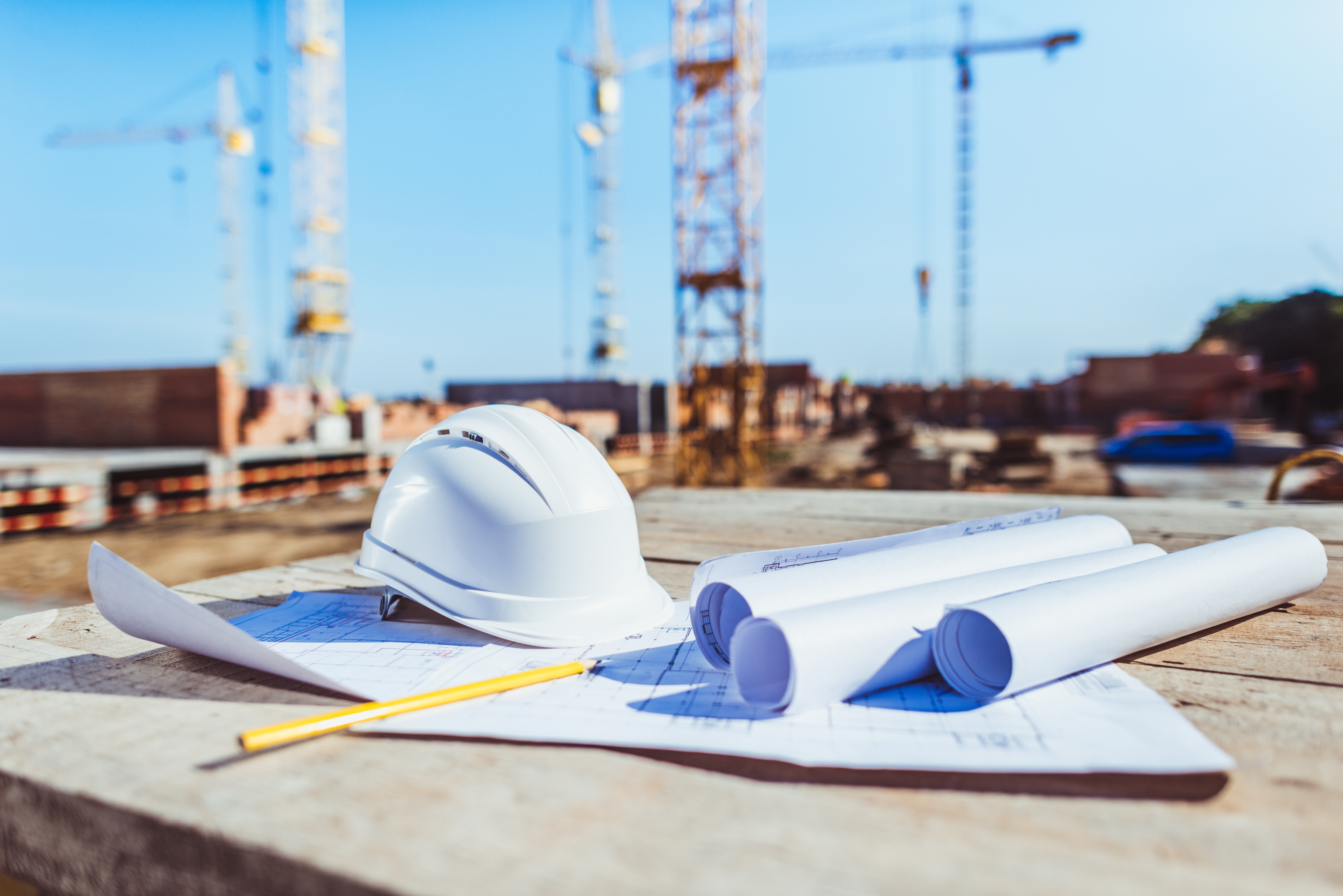 If you've purchased a tract of raw land or wish to move into an unfinished subdivision with generous code allowances, you're probably thinking about building a new home from the ground up. Unless you have a lot of money saved up, this will almost certainly require you to take out a construction loan to finance the initial building process. While construction loans are a crucial piece of the spec-building process, they can also create plenty of headaches. Read on for a primer on this often-overlooked credit vehicle.
If you've purchased a tract of raw land or wish to move into an unfinished subdivision with generous code allowances, you're probably thinking about building a new home from the ground up. Unless you have a lot of money saved up, this will almost certainly require you to take out a construction loan to finance the initial building process. While construction loans are a crucial piece of the spec-building process, they can also create plenty of headaches. Read on for a primer on this often-overlooked credit vehicle.
Construction Loan Basics
Construction loans aren't mortgage loans. Rather, they're issued by qualified mortgage lenders on an individual basis after a thorough case-review process. Although lenders generally pre-approve individual builders for specific loan amounts, the loans themselves are disbursed according to a fixed schedule that follows a given project's expected timetable. Most construction loans are issued on a short-term basis, and it's possible for a loan to come due before the project's completion.
Paying Off a Construction Loan
Since construction loans rarely float for more than a year or two, most build-to-own borrowers must repay them with new loans. As you might expect, 15-year and 30-year mortgages are most often used to repay construction loans. Individuals who "flip" houses on a relatively small scale may be able to repay a loan with the proceeds from the newly built home's sale, but regular homeowners usually can't turn their houses around this fast. Meanwhile, large-scale "flippers" and construction specialists generally obtain financing through commercial lenders or other facilities.
Down Payments and Specifications
Unlike some mortgages, construction loans often require generous down payments. Since these loans are issued on a case-by-case basis, it's difficult to generalize about the size of the down payment that you should expect to make on your loan. However, it's prudent to budget for an outlay of at least 20 percent of your home's construction budget. It's important to remember that you'll also need to make a down payment on the mortgage loan that you use to pay off this short-term credit facility.
Before you take out your loan, you'll also need to consult with your builder and provide your lender with a detailed blueprint and specification list for your new home. This information must include seemingly inconsequential details like the tile brands and roofing materials that you'll be using.
Building and Appraisal
Your lender will also need to receive a detailed "appraisal" from a pre-construction valuation expert. Ideally, this report would be included with the builder's specification documents. The pre-construction appraisal accounts for the value of the land on which the home is built, the estimated costs for its construction materials, and additional inputs like labor and depreciation. Once you provide this appraisal, you'll need to prove that your building contractor is reputable and licensed. If you decide to build the house on your own, you must provide the same proof of your own expertise.
Rates and Draws
The interest rates on construction loans vary considerably, and they're often significantly above the prime rate. Your specific rate will depend on your credit history, loan structure and general interest rate trends. Ask your lender about an interest-only option that could save you a significant amount of money.
Construction loans are disbursed in accordance with a pre-determined schedule of "draws". Draws are generally scheduled to coincide with major building milestones like the pouring of the home's foundation and the erection of its roof. In all likelihood, your builder will be heavily involved in the negotiation of your loan's draw schedule.
Final Cautions
Construction loans aren't for everyone. Since they tend to carry high interest rates and short repayment terms, they expose their users to substantial risks. Although it doesn't happen often, it's possible for a buyer to be approved for a construction loan and subsequently denied for a mortgage loan. If this occurs, the buyer could be on the hook for the full balance of the construction loan. Likewise, a building project that runs past its scheduled completion date could play havoc with the loan's repayment schedule and create serious cash flow issues. Before you take out a construction loan, make sure to build a liquid emergency fund that's adequate to handle these unlikely but potentially problematic contingencies.
* Image courtesy of FreeDigitalPhotos.net




















